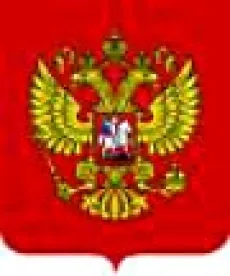Several clarifications have been provided with regard to subordinated debt instruments.
On 30 November 2013, amendments to the Bank of Russia’s Regulation 395-P, “On the Methodology of Determination of the Amount and Assessment of Sufficiency of the Capital of Credit Organizations (Basel III)”, were published.[1] The amendments, which aim to address certain questions and concerns from Russian banks that arose from a lack of clarity in Regulation 395-P, provide for the following with regard to subordinated instruments:
-
A subordinated loan that is extended to a Russian bank by a nonresident for a term of 50 years or more and that gives the bank a unilateral right to extend the loan no more than once every 50 years will now be eligible for inclusion in the bank’s Tier 1 capital.
-
Amounts received by a Russian bank from Russian and certain foreign nongovernment pension funds are not eligible for inclusion in the bank’s regulatory capital calculation.
-
The minimum base capital ratio—which triggers a write-down of a Tier 1 subordinated instrument when it is breached—has been reduced to 5.5% from its previous level of 6.4%.
-
The requirement for an undertaking from a Russian bank’s shareholders to take measures to restore the bank’s required capital ratios if the other measures contemplated by Regulation 395-P prove to be insufficient is no longer in effect.
The amendments also provide clarification as to which bankruptcy prevention measures under Federal Law No. 175-FZ, “On Additional Measures for Improvement of Stability of the Banking System”, will trigger a write-down or conversion into equity of Tier 2 subordinated instruments under Regulation 395-P. According to the amendments, the bankruptcy prevention measures that trigger a write-down or conversion into equity are limited to certain equity investments made in the relevant bank by the Agency for Deposit Insurance (ADI). The date on which the write-down or conversion into equity is triggered is the date on which the bank receives notice from ADI that it has adopted a decision to implement a plan contemplating such investments that was approved by the Central Bank of the Russian Federation. In addition, the Amendments indicate that, upon the occurrence of a trigger event, the obligation of the bank to repay the interest and principal under the subordinated instrument will terminate.
The amendments will come into force on 1 March 2014.
[1]. For more information on the Basel III requirements applicable to Russian banks, which became effective on 1 March 2013 pursuant to Regulation 395-P, see our 6 March 2013 LawFlash, “Bank of Russia Adopts Basel III Regulation”, available here.



 />i
/>i

